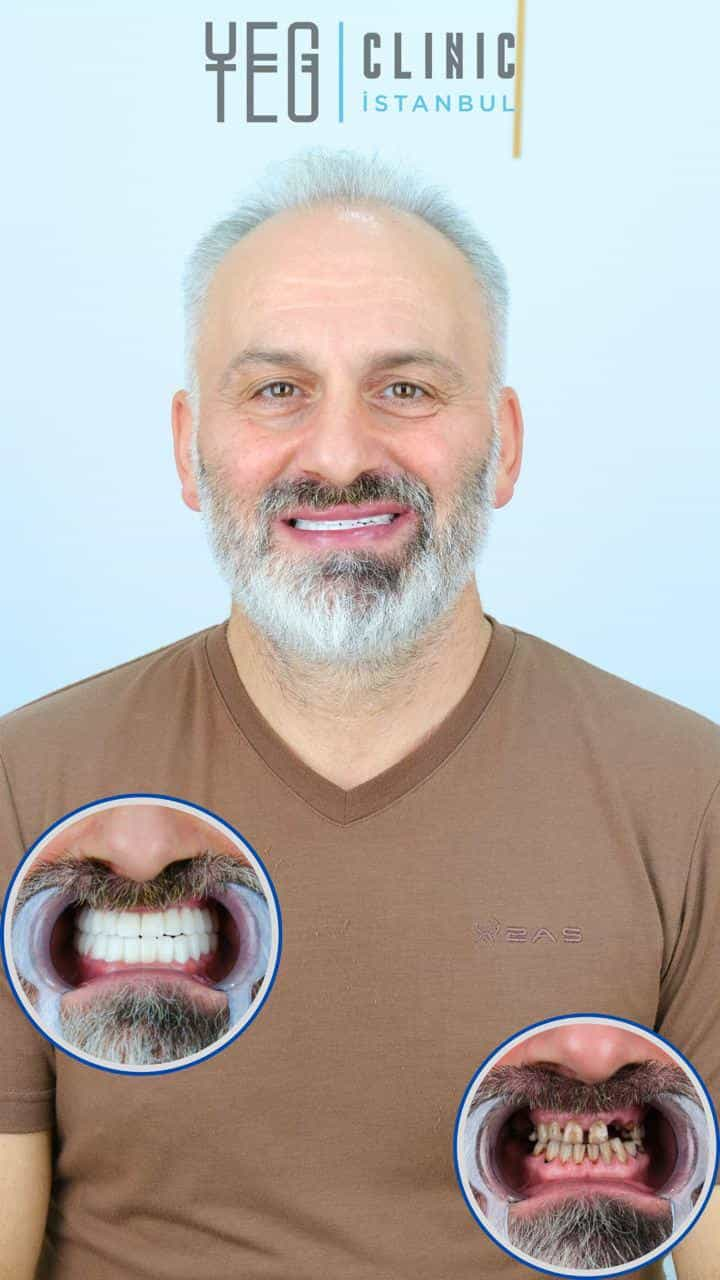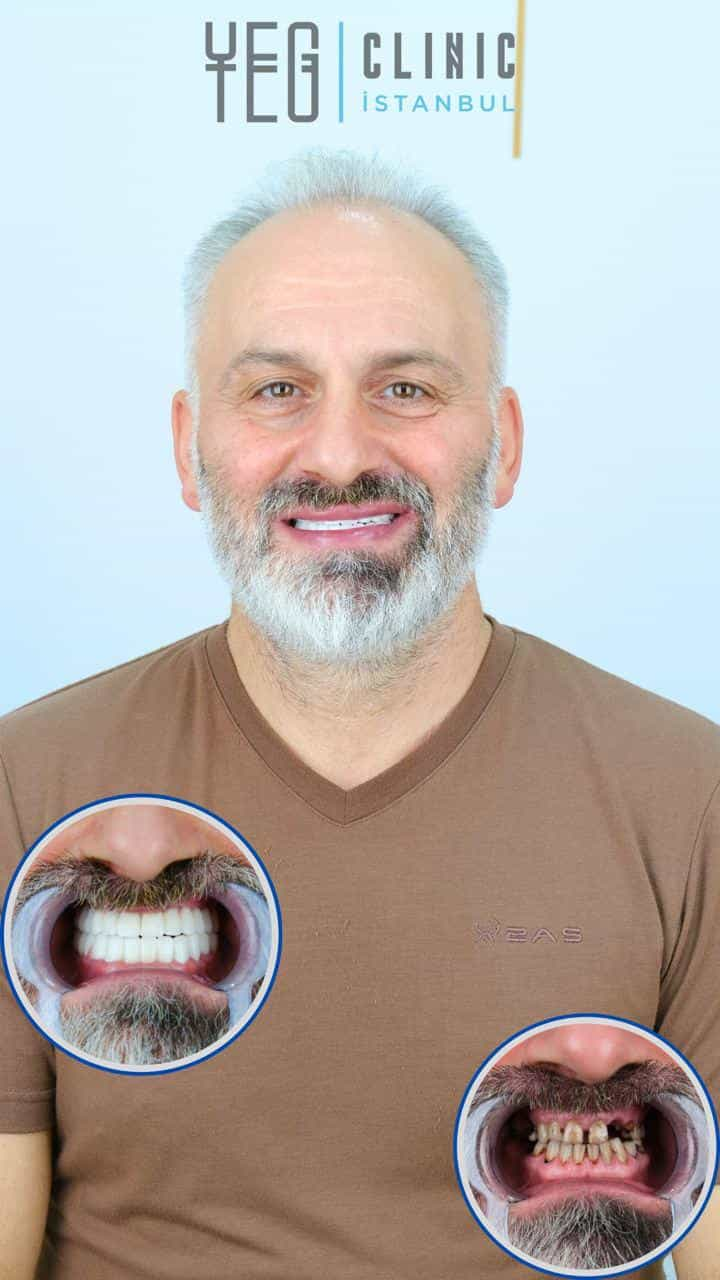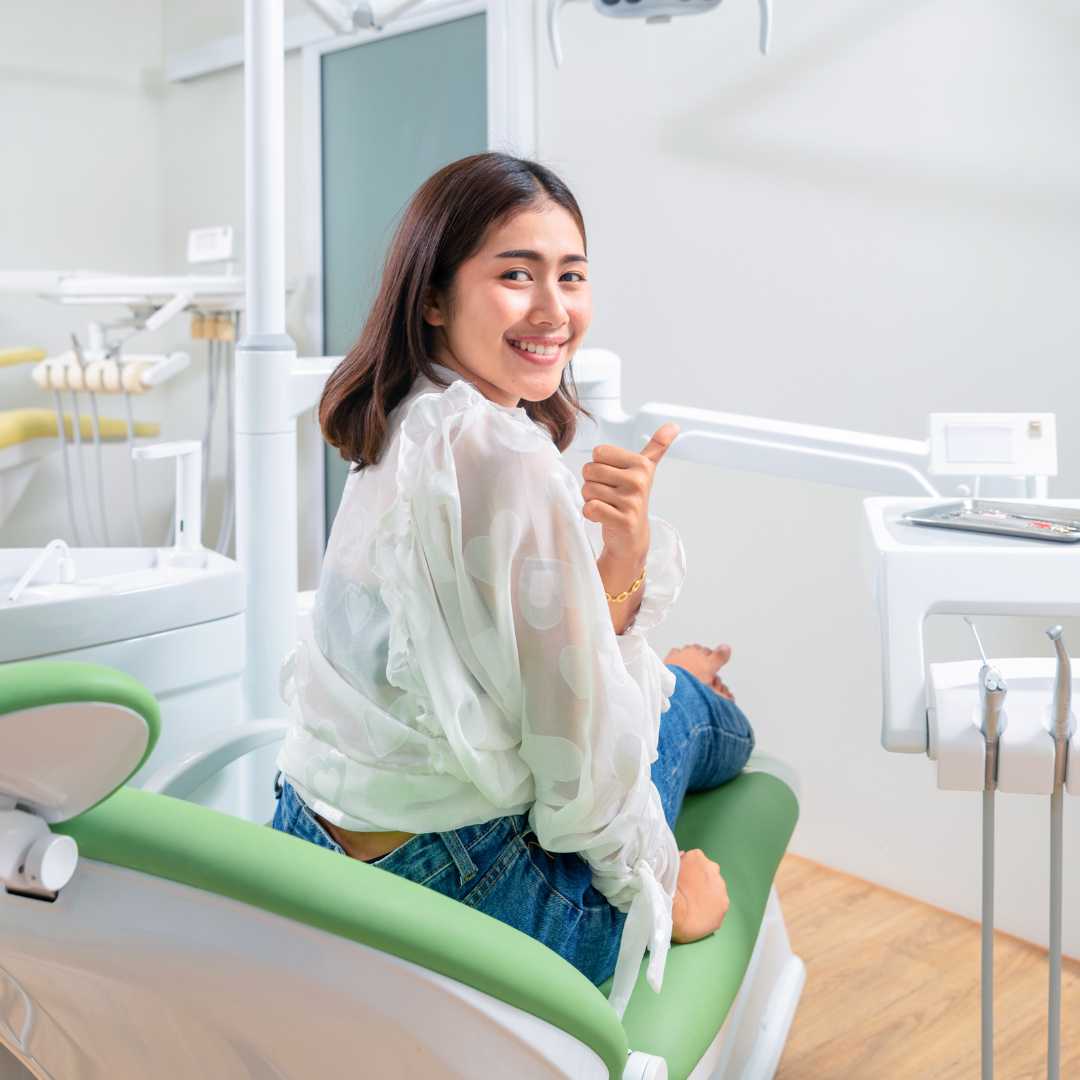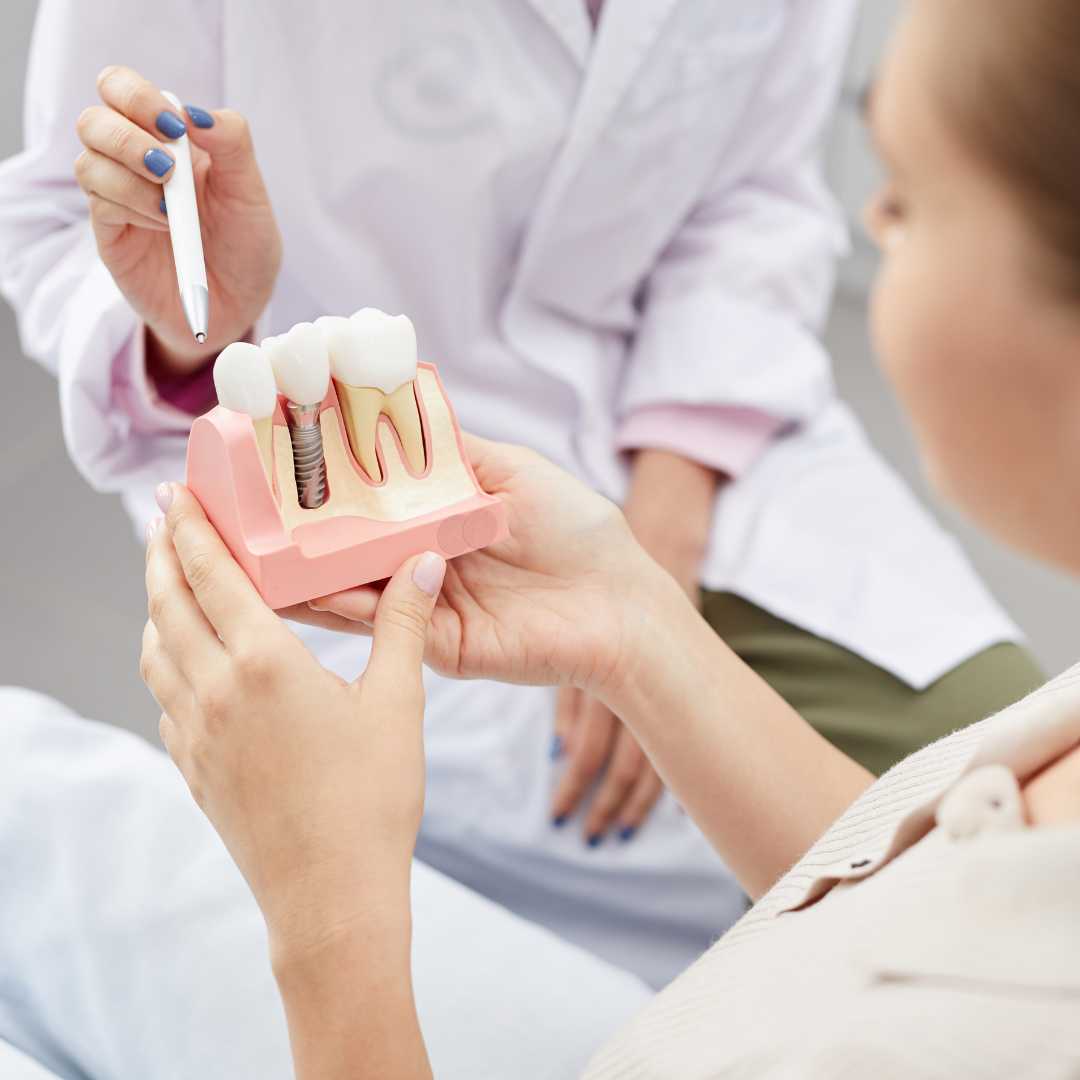The Economics of Turkish Dental Implants: Why They Cost Less
Turkey has rapidly emerged as a global leader in dental tourism, with thousands of patients flocking to its shores each year for high-quality dental work. The most sought-after procedure is often dental implants, a long-term solution for missing teeth.
The primary draw for many is the strikingly affordable price tag, which can be up to 70% less than in countries like the UK, the US, or Australia.
This significant price difference naturally leads to the crucial question: why are dental implants cheaper in Turkey? Many prospective patients wonder if the lower cost comes at the expense of quality, safety, or the materials used. The answer, however, is more complex and rooted in economic and structural factors rather than a compromise on standards.
The affordability of dental implants in Turkey is not due to a single reason but a combination of several key factors working together. These include the country's overall economic landscape, lower operational costs for dental clinics, government incentives for the health tourism sector, and intense competition among a large number of world-class dental facilities. Understanding these elements is essential for anyone considering this cost-effective option.
This guide will break down each contributing factor in detail, providing a transparent and comprehensive explanation of how Turkey can offer such competitive prices for top-tier dental implant procedures. By the end, you will understand that the lower price is a result of economic advantages, not a reflection of inferior quality or care.
What is the main driver behind the low cost of dental implants in Turkey?
The entire cost structure of a dental clinic is profoundly influenced by the local economy. In Turkey, the expenses required to run a state-of-the-art dental clinic are substantially less than they would be in London, New York, or Sydney. This includes everything from the rent for a modern clinical space in a prime location to the utility bills and staff salaries. These savings are not trivial; they represent a massive reduction in the clinic's overheads.
Because the baseline cost of running the business is lower, clinics can pass these savings directly on to their patients. They can charge less for a complex procedure like a dental implant and still maintain a healthy profit margin. It's a simple economic principle: lower business expenses translate to lower consumer prices. This is the foundational reason, upon which all other factors are built, that explains Turkey's price advantage in the global dental market.
How does the Turkish economy and exchange rate affect dental prices?
For international patients, the exchange rate is a massive factor. Clinics in Turkey often price their treatments in Euros or Pounds for the international market, but their own costs (salaries, rent, supplies) are paid in Turkish Lira (TRY). Due to the strength of foreign currencies against the Lira, patients get incredible value for their money. What might cost £4,000 in the UK could be priced at €2,000 in Turkey, which is a significant saving in itself.
This currency advantage means your money simply stretches further. The clinic receives a competitive fee in your currency, which converts to a substantial amount in their local currency, easily covering their lower operational costs. This economic reality allows clinics to offer prices that are almost unbeatable for patients coming from countries with stronger economies, without ever needing to cut corners on the quality of the service provided.
Are lower dentist salaries the reason for cheaper implants?
It's important to frame this correctly: dentists in Turkey are not poorly paid. They earn a very good living relative to the average income and cost of living within Turkey. However, when you compare their salary in absolute numbers to that of a dentist in the US or Germany, it is significantly lower. This is not a reflection of skill or expertise but of the different economic landscapes of the countries.
A dentist's salary is one of the largest expenses for any dental practice. Since clinics in Turkey can employ highly qualified and experienced dental surgeons for a fraction of the cost of their Western counterparts, they can reduce the overall price of their treatments accordingly. Patients benefit from the expertise of world-class professionals without having to pay the high salary costs associated with them in their home countries.
Does the Turkish government help lower dental costs?
The Turkish government recognizes the immense value of health tourism to the national economy. To encourage its growth, it has implemented several supportive policies. These can include tax advantages for clinics that earn foreign currency, subsidies for marketing and promotion at international health fairs, and support in meeting global accreditation standards.
This government backing reduces the financial burden on the clinics themselves. For instance, a clinic might receive support for opening a new, modern facility or for purchasing the latest high-tech equipment. This governmental assistance helps clinics keep their operational costs down and their standards high, which in turn allows them to maintain their competitive pricing for procedures like full mouth dental implants.
How does high competition impact the price of dental work?
Turkey is not a market with only a few dental clinics; it's a bustling hub with hundreds of world-class facilities all vying for international patients. This high level of competition is a fantastic advantage for patients. To stand out, clinics must offer the best possible value. This doesn't just mean a low price, but a combination of excellent service, modern technology, experienced dentists, and, of course, a competitive price.
This competitive environment prevents any single clinic from overcharging. They must keep their prices for dental implants and other treatments attractive to draw patients away from their rivals. The result is a market where prices are kept in check, and quality is pushed ever higher as clinics compete on their reputation and results.
Is the quality of dental materials in Turkey lower?
This is a critical point of concern for many patients, but it is unfounded when dealing with reputable clinics. Top dental clinics in Turkey pride themselves on using globally respected brands for their dental implants. These include premium Swiss and German brands like Straumann, Nobel Biocare, and Straumann's affordable, high-quality sub-brand, Medentika.
These are the same brands your local dentist would use. Turkish clinics are able to acquire these materials at a lower cost due to several reasons:
- Bulk Purchasing: The high volume of patients allows clinics to purchase implants and other materials in very large quantities, securing significant discounts from suppliers.
- Lower Import Taxes: Government incentives can sometimes include reduced taxes on imported medical equipment and materials.
The brand and certificate of your implant should be provided to you by the clinic in your "implant passport," proving you are receiving an authentic, world-class product.
Are Turkish-made dental implants as good as international brands?
In addition to using top international brands, Turkey has its own thriving dental manufacturing industry. Several Turkish implant brands are gaining global recognition for their quality and reliability. They are manufactured according to strict EU standards (possessing CE certification) and offer excellent clinical results.
Opting for a high-quality domestic brand can offer even greater savings. Because there are no import costs, and the manufacturing process benefits from the same lower economic costs, these implants are extremely affordable. Reputable clinics will offer both premium international brands and high-quality Turkish brands, explaining the pros and price points of each, allowing you to make an informed choice that fits your budget and clinical needs.
Do dentists in Turkey have lower education costs?
In many Western countries, dentists graduate with enormous student loan debt, which can run into hundreds of thousands of dollars. A significant portion of the high fees they charge throughout their careers goes towards repaying these loans. This is a financial burden that is ultimately passed on to the patient.
In Turkey, the cost of university education is substantially lower. Dentists can graduate from highly respected dental faculties with minimal debt. This means they can build a successful career and earn a good living without factoring student loan repayment into their treatment prices. This is another subtle but important economic factor that helps keep the cost of dental care affordable for everyone.
How do lab and equipment costs in Turkey compare to other countries?
Creating the final crown for your dental implant requires a highly skilled dental technician working in a lab. The cost of this lab work is a major component of the final price. Just like dentists' salaries, the salaries for skilled lab technicians are lower in Turkey, as are the costs of running the lab. Many top clinics have their own in-house laboratories, which gives them full control over quality and further reduces costs.
Furthermore, the cost of investing in cutting-edge technology is often mitigated by the factors we've already discussed (government support, bulk discounts). This means clinics can have the latest CAD/CAM technology for creating crowns, 3D CBCT scanners for precise diagnostics, and digital intraoral scanners without having to pass on massive investment costs to their patients.
Does cheaper mean lower quality or safety standards?
This is the most important takeaway. The reduced price of dental implants in Turkey is a function of economics, not a compromise on quality. Reputable Turkish clinics invest heavily in creating environments that meet and often exceed international standards. They are audited by the Turkish Ministry of Health and often seek voluntary, stringent international certifications to prove their commitment to quality and safety.
When choosing a clinic, patients should look for evidence of this quality, such as:
- International accreditations (e.g., ISO 9001).
- Experienced, specialist implantologists with extensive portfolios.
- Transparent information about the brands of implants they use.
- Countless positive reviews and testimonials from previous international patients.
By focusing on these markers of quality, patients can ensure they receive world-class care at a fraction of the cost.
How much can I realistically save on dental implants in Turkey?
The savings are substantial and life-changing for many. A single dental implant that might cost £3,000 - £4,000 in the UK could be priced between £800 - £1,500 in Turkey, including the abutment and crown. For more extensive treatments like an 'All-on-4' or 'All-on-6' full mouth restoration, the savings can easily run into the tens of thousands of pounds or dollars.
Even after factoring in the cost of flights and accommodation (if not included in a package), the total expenditure is significantly lower. This affordability makes essential and cosmetic dental work accessible to a much wider range of people who might otherwise be unable to afford it in their home countries.
Are you ready to explore the affordable, high-quality dental implant solutions available in Turkey? PlacidWay connects you with a network of pre-screened, internationally accredited clinics. Find transparent pricing and expert care for your dental needs. Get your free, no-obligation quote and start your journey to a new smile today!



.png)






.png)





.png)

Share this listing